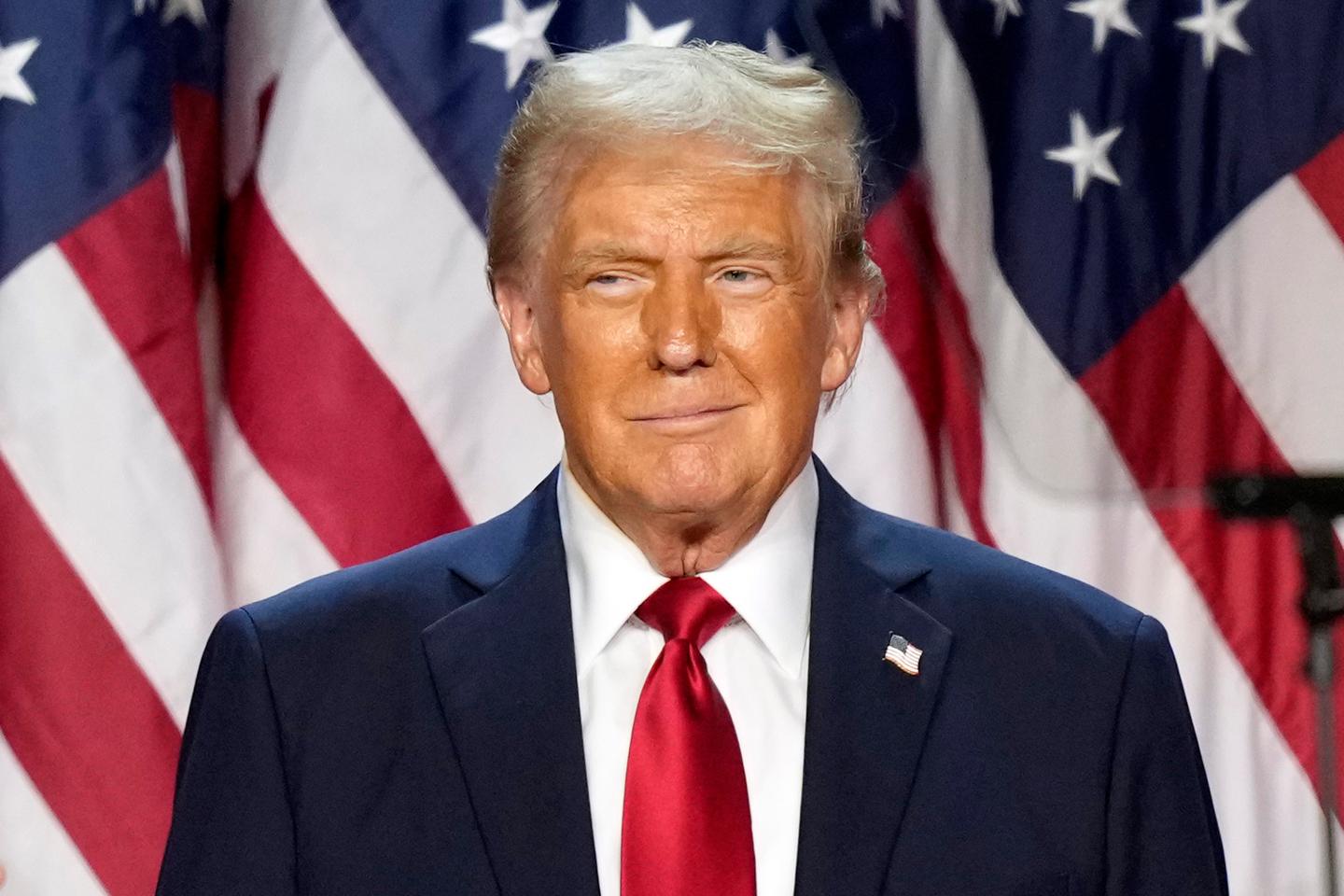


Ukraine is running out of ammunition in the trenches of the Donbas and the Kremlin is running out of champagne. Donald Trump's return to the White House is excellent news for Vladimir Putin, but it does not bode well for Kyiv's chances of negotiating with Russia. Trump II also strikes a blow for transatlantic solidarity, as the Republican is indifferent to this concept.
His victory in the November 5 election isolates Europe. It places them before a historic responsibility to rely on their own forces to defend themselves against Russian expansionism.
Therefore, a strategic upheaval is underway. Perhaps inevitable, it has been accelerated by the American vote. Charles de Gaulle's prophecy is coming true: One day, the United States will leave the Old Continent. The latter must grow up, unless it is to give in on what it holds dear – inviolability of borders, non-use of force, support for emerging liberal democracies. If America is leaving, a strategic Europe must be born, and if the European Union fails to heed this call, it will face a world dominated by power blocs whose only rule of inter-state relations is the balance of power.
For the time being, Putin is reaping political success in his war of aggression against Ukraine. Meanwhile, the man returning to the US presidency has promised to suspend Washington's military and civilian aid to Kyiv – and there is no reason not to take him seriously. "Plus one cent" for Ukraine, Trump vowed, claiming to end the fighting "in 24 hours." We know how: a ceasefire on current lines will leave 20% to 25% of the country in Russian hands.
Sphere of influence
Ultimately, Trump accepts the Russian diktat of a Ukraine forced into a form of strategic neutrality: no NATO membership, or else a NATO without substance; no question of the US deploying a single soldier in Ukraine to guarantee the defense of the ceasefire line. It will be "the Europeans' business," says Trumpist America. For Ukrainian President Volodymyr Zelensky, the Trump plan looks like surrender.
Trump underestimates, or fails to understand, Putin's real war aims, those that Russia has proclaimed since February 2022. In Kyiv, the Kremlin wants a government at its beck and call and, by all means, will pursue a policy of destabilizing Ukraine, but also Georgia and Moldova to re-establish the zone of influence that Russia claims over its near abroad (with Belarusian dictator Alexander Lukashenko already in command).
You have 53.76% of this article left to read. The rest is for subscribers only.
